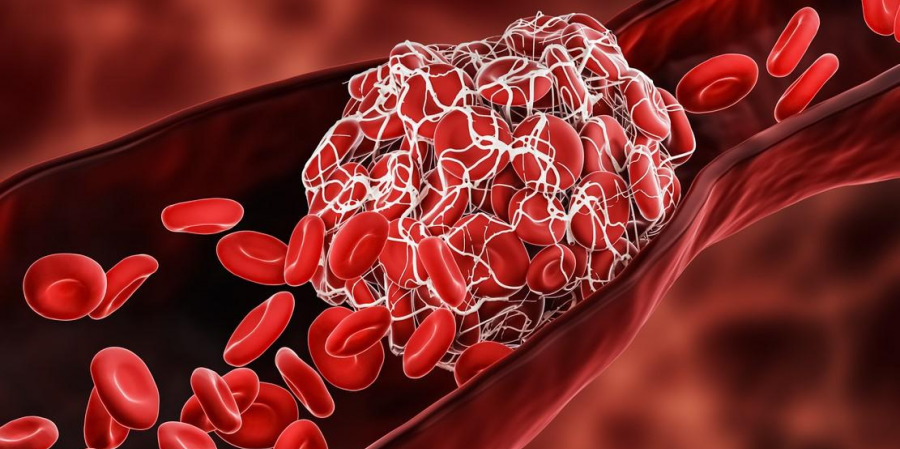

Anticoagulant are medications that help stop your blood from thickening or'clotting'. Your body does need to be able to clot to help seal wounds inside and outside your body.Anticoagulant are medicine that help prevent blood clots. They are given to people at a high risk of getting clots, to reduce their chance of developing serious condition such as strokes and heart attack. A blood clot is a seal created by the blood to stop bleeding from wounds.
Anticoagulants
Parenteral anticoagulants
1)Indirect thrombin inhibitors
1.Heparin
2.low molecular weight heparins
3.Fondaparinux
4.Danaparoid
2)Direct thrimbin inhibitors
1.Lepirudin
2.Bivalirudin
3.Argatroban
Oral anticoagulants:
1)Coumarin derivatives
1.Dicumarol
2.Warfarin sodium
3.Aceno coumarol
4.Ethylbis coumactate
2)Oral direct thrombin inhibitor
Dabigatran etexilate
3)Indandione derivative
Phenindione
4)Direct factor xa inhibitor
Rivaroxaban
Heparin:
Heparin is another available anticoagulant. Heparin’s anticoagulant properties are the result of its ability to increase the rate at which antithrombin inactivates several of the clotting factors. Heparin is a parenteral anticoagulant, meaning that it is not available orally. Instead, it requires subcutaneous injection or intravenous infusion.
The primary use of heparin is to prevent the formation or progression of Thermocol Heparin acts very soon after entering the body, so it is ideal for people who require rapid or short-term anticoagulation.
Uses of anticoagulant:
Anticoagulants are also sometimes used to treat blood clots, such as DVT or a pulmonary embolism, by stopping the clot getting bigger while your body slowly reabsorbs it.
How long you'll need to take anticoagulants for will depend on why they're needed. You might only need to take them for a short time after a hip or knee replacement, but treatment may be lifelong if you have a long-term condition that increases your risk of blood clots.
Thanks for reading bloggers🙏
